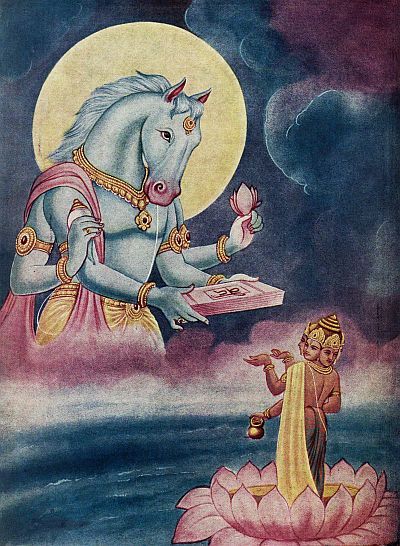
Horses in Indian Mythology & Folklore
Share
India’s relationship with horses is more than just historical—it is deeply spiritual. Long before cavalry units or polo matches, horses galloped through the verses of ancient scriptures, epics, and folk tales as symbols of divinity, loyalty, and strength. In a culture where mythology is interwoven with daily life, the horse holds a sacred place—not just as an animal, but as a companion of gods, a bringer of justice, and a protector of kingdoms.
One of the earliest references can be found in the Rigveda, where the Ashvins—twin horsemen gods—are revered as healers and protectors who ride a golden chariot drawn by celestial horses. Horses here are not mere animals, but beings that transcend dimensions, ferrying divine intentions between realms. The Ashwamedha ritual, performed by ancient kings, used the horse as a symbol of sovereignty and divine blessing—marking expansive leadership, legitimacy, and harmony between ruler and cosmos.
In the Mahabharata, the white horse of Arjuna, pulled by the celestial charioteer Krishna, is more than just a steed—it is a vehicle of dharma (righteousness) on the battlefield of life. The great epic treats horses as extensions of valor and control, reminding us that true power lies in the harmony between rider and horse.
Folk traditions across Rajasthan, Gujarat, and Maharashtra speak of legendary horses like Chetak, the loyal steed of Maharana Pratap. Mortally wounded in battle, Chetak is said to have carried his rider to safety before collapsing. His tale has become a symbol of bravery and loyalty, immortalized in song, sculpture, and the cultural memory of India.
Even in temples and village shrines, terracotta horses stand guard—offerings made by villagers to local deities, requesting protection, good harvests, or the safe return of a loved one. The horse, in these stories, is a divine messenger—carrying prayers across realms.

